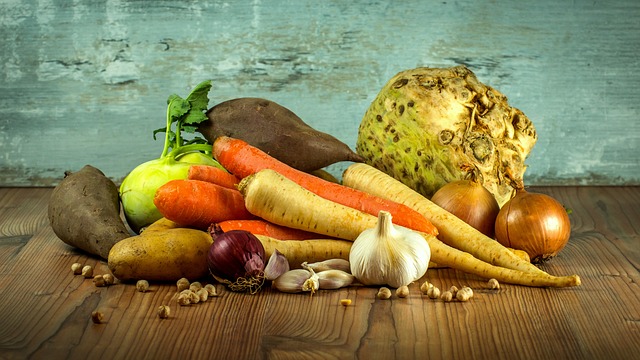Sports Science can be one contradiction after another, and to say the least it’s damn confusing to be a part of it! Don’t think for a second that this confusion has occurred over a few years it’s been happening since the Food Pyramid was proposed in 1894 by W.O Atwater.
Since then we have encountered more changes within the food guide than you could have ever imagined.
In 1991, the Committee for Responsible Nutrition asked the US Department of Agriculture (USDA) to re assess the current food pyramid and reclassify dairy and meats as ‘optional’ foods.
Researches had established that eating excess high fatty foods (meats) and dairy products was without doubt connected to serious health issues including adult onset diabetes, cancers and heart disease.
But in the 1930’s, it was recommended that meats and dairy products supply more protective energy dense nutrients than other products and should be consumed on a regular basis.
That’s why it’s a science, and sometimes you need to be a scientist to understand it.
In today’s world, eating and understanding what you eat can be just as confusing. But do you, like many others, wonder why you still put on weight when you eat fat free foods?
The energy that makes you function throughout the day comes from the foods you eat, but it doesn’t necessarily mean the more you eat the better you’ll perform.
It’s the types of foods that you eat that will determine how you perform throughout the day.
In other words you wouldn’t usually see a professional athlete the night before an event chomping down on a burger with fries would you.
You would more than likely see them picking their foods wisely, rich in complex carbohydrates, proteins and essential fats so they will wake up refreshed and ready.
I understand that most people aren’t professional athletes, and 99% of people that wish to lose weight would like to do it without it disrupting their lifestyle.
This is why my clients have achieved so much success with my eating plans; they fit into their lifestyle and they can fit with yours too.
But remember, you need to for-go a little as well, it’s not all plain sailing, if losing fat was easy then such a high % of our world’s population wouldn’t be overweight!
When you eat carbohydrates; (these are foods like, Pasta, Rice, Bread and Cereals) they get broken down into glucose (sugar) then transported through your body into muscle and your liver’, without a doubt carbohydrates are the best choices for energy.
However, there’s a little uncertainty sometimes about carbohydrates.
To lose fat most people, generally need a deficit of energy calories, a calorie is a unit of energy, each food choice you have throughout the day will have a certain amount of calories to it.
The more fatty the food, the higher the calories will be. You may have noticed I’ve used the word generally; this is because some people are currently starving themselves to lose weight.
You body requires a certain number of calories throughout the day so you NEED to eat, NOT starve yourself.
This is because when you do starve, the weight you will be losing will be 50% fat and 50% muscle, who wants that to happen?
When your muscle mass drops, your metabolism slows then your thyroid (which helps in the metabolism of food and how quickly food is processed) will slow down..which completely cancels out the effect of your low calorie diet, and what does your body do?
Well it certainly will be hungry and you won’t lose anymore fat just muscle!! This is why commercial and fad diets aren’t effective, they mess with your internal system and you feel and look worse than when you started.
I recommend that you don’t try the starvation thing, it doesn’t work.
Here’s A List Of Each Macronutrient (Or Energy Source) & How Many Calories Are In Each One.
Proteins 4 calories per gram
Carbohydrates 4 calories per gram
Fats 9 calories per gram
Alcohol 7 calories per gram
So why do we get fat? A complex question that has many answers but in general, per gram, fat has more than twice the amount of energy than has a protein or carbohydrate?
It’s an incredible source of energy but if we don’t expend this energy, guess what will happen? Yes you have got it. It will be stored as a fat!
So What Do We Do About It?
For starters we need to improve the way you eat and choose your food wisely and also increase the rate of which you burn fat. We can do this a number of ways but the most effective one is with basic exercise and improving your overall energy intake.
We will cover off the best solutions for you based on your day to day activities – you will achieve your goals!
Talk to me about what the best form of exercise for fat loss would be for you or I could recommend you to meet with some of my personal trainers.
You can find much more information on living a holistic lifestyle in these free magazines and on our YouTube channel.
Dale Folland






